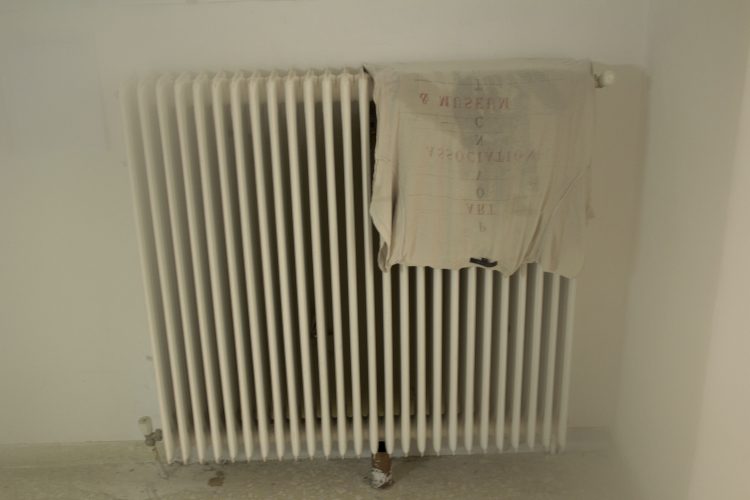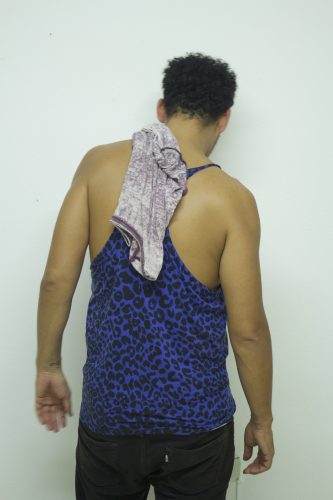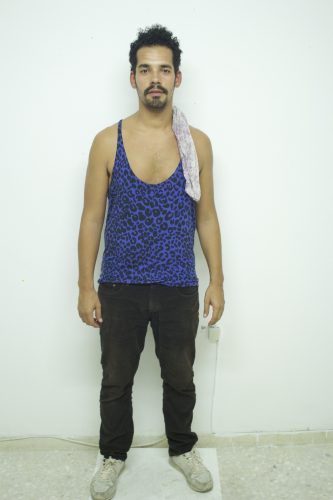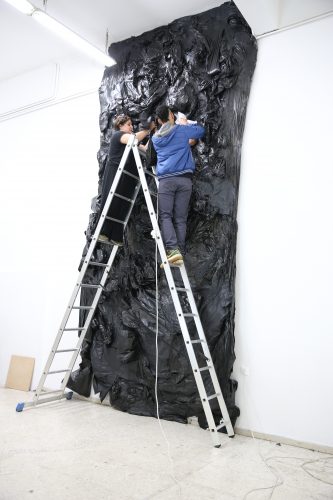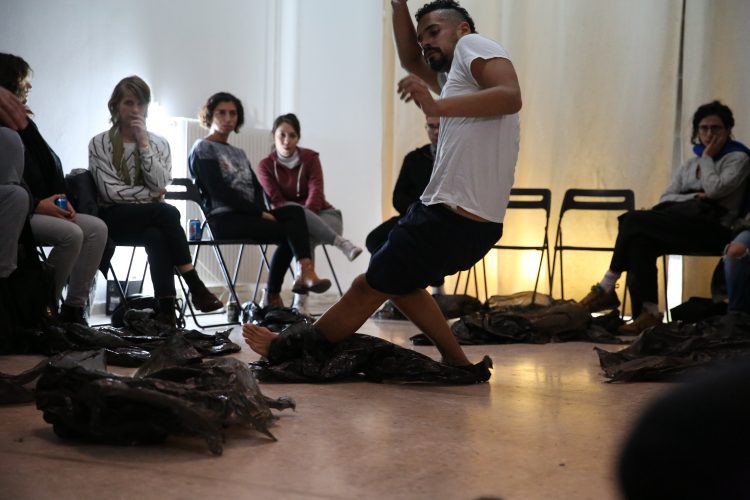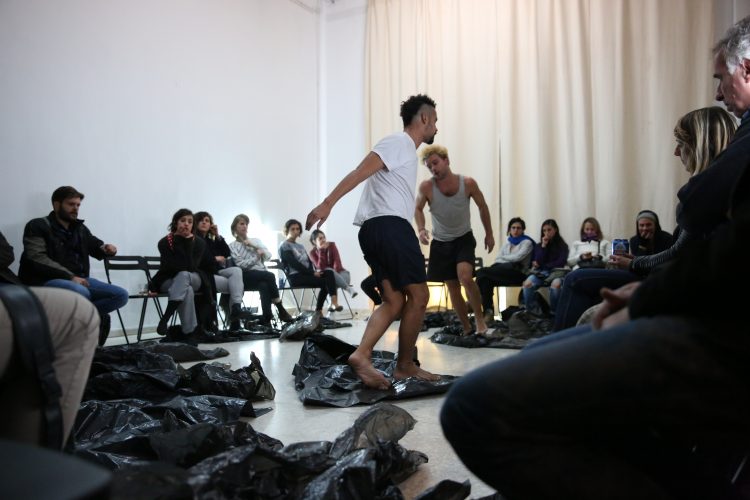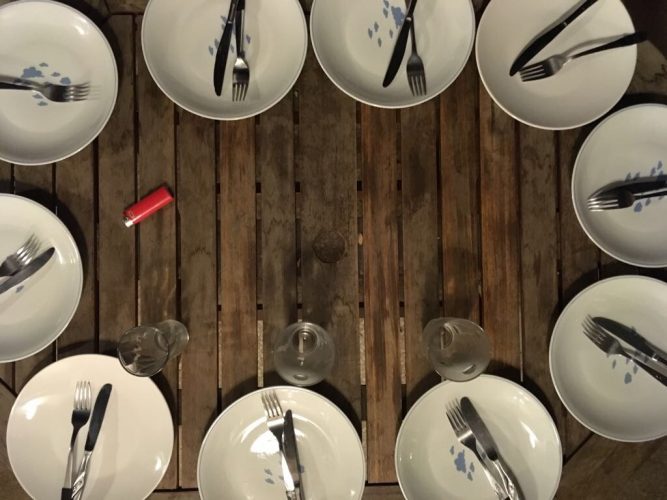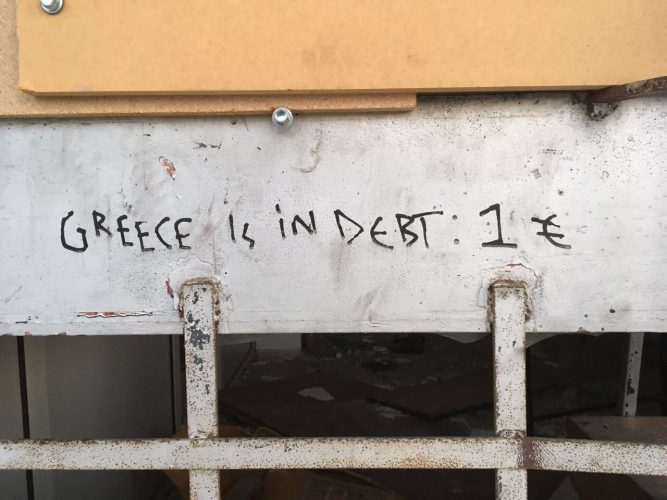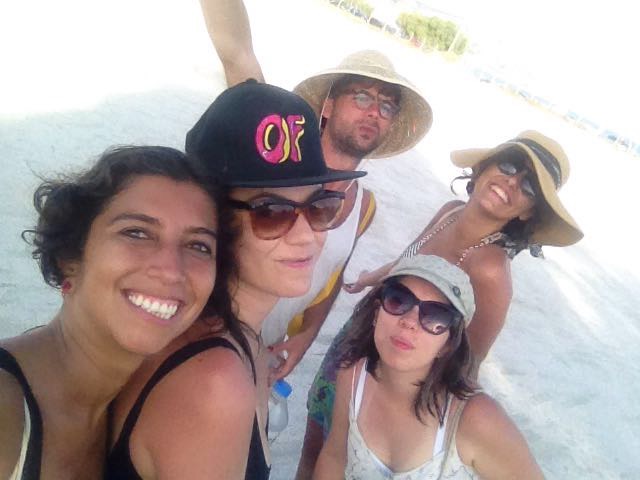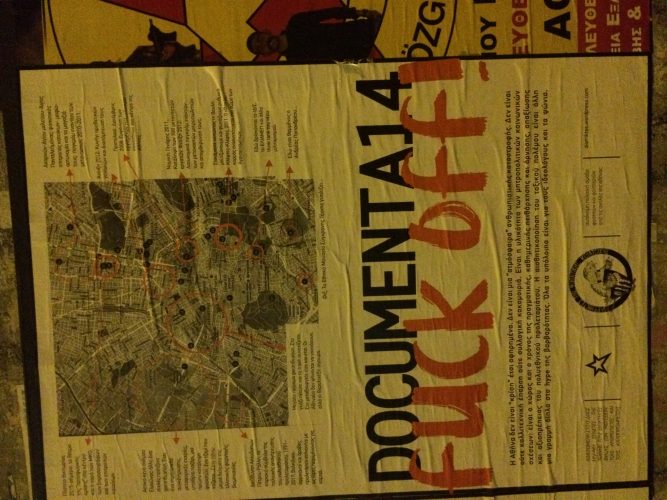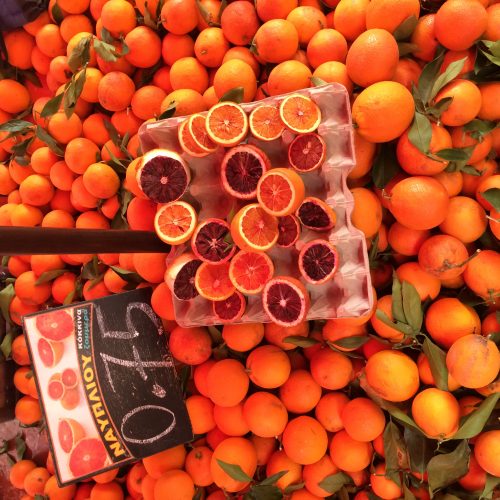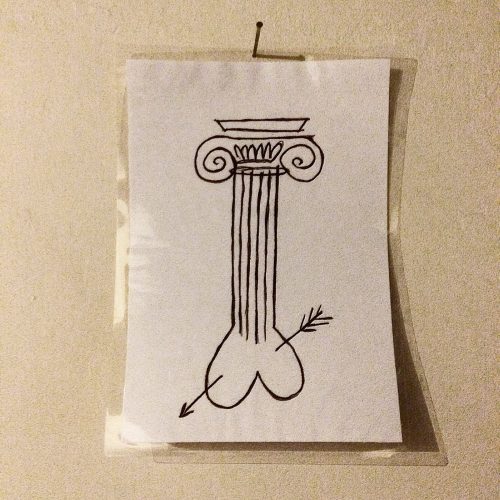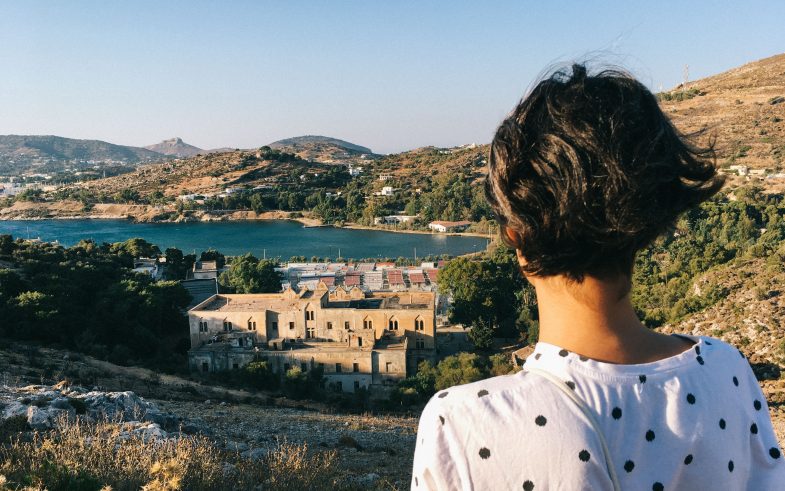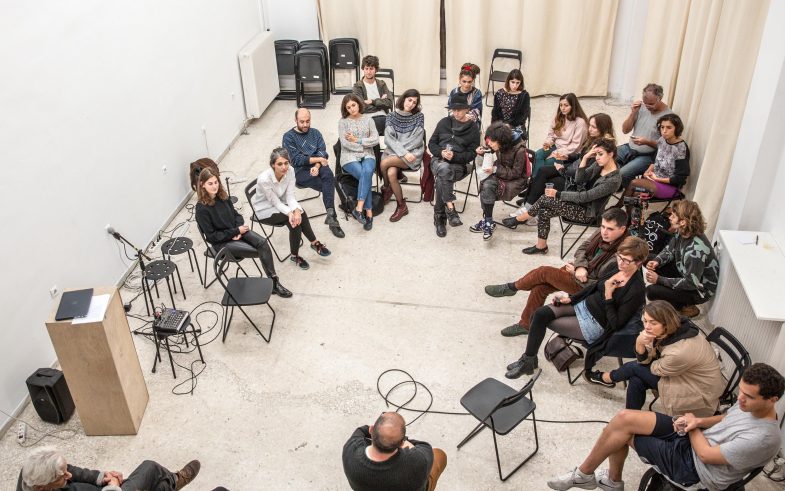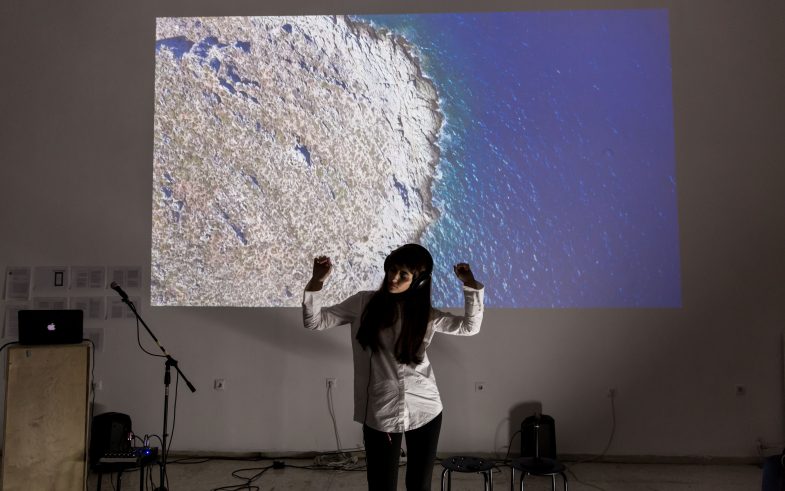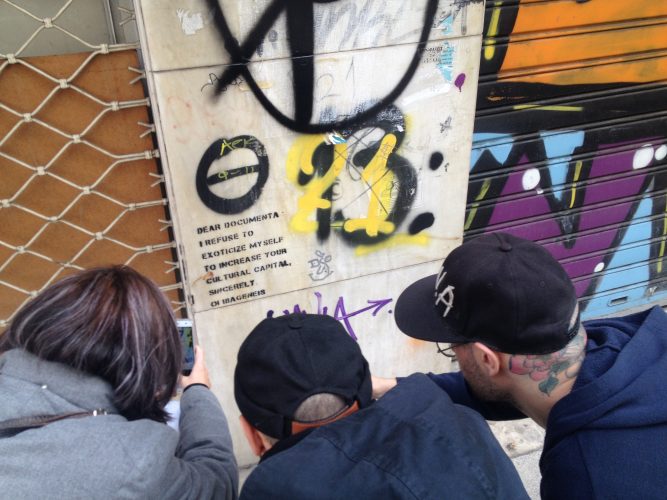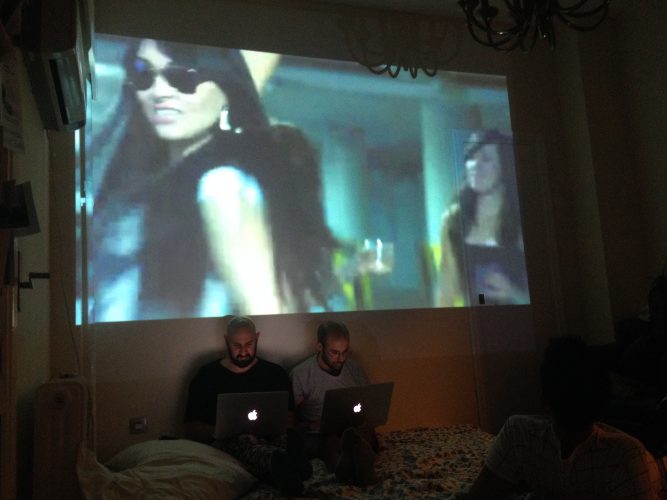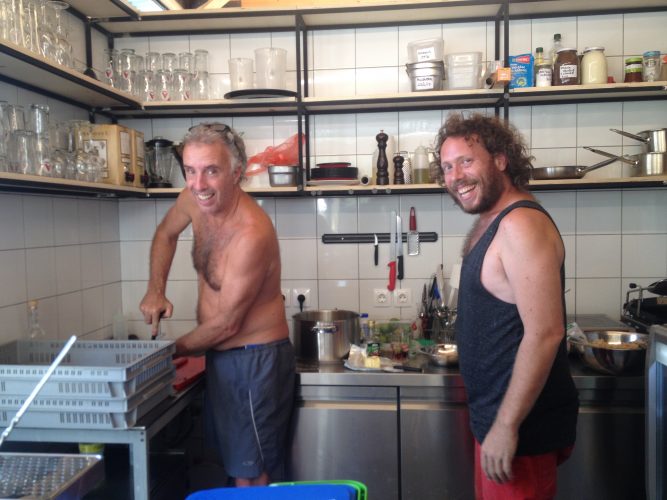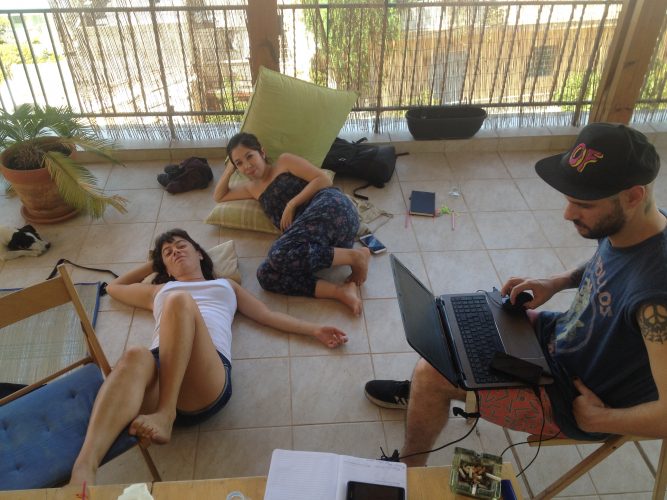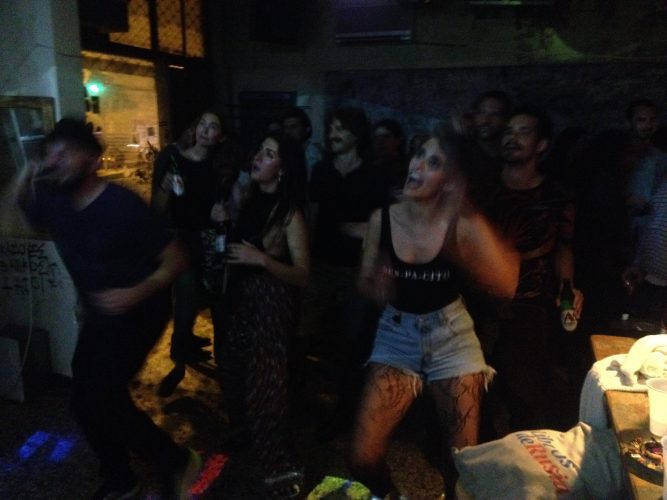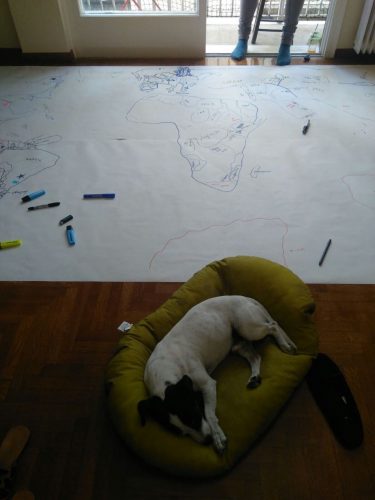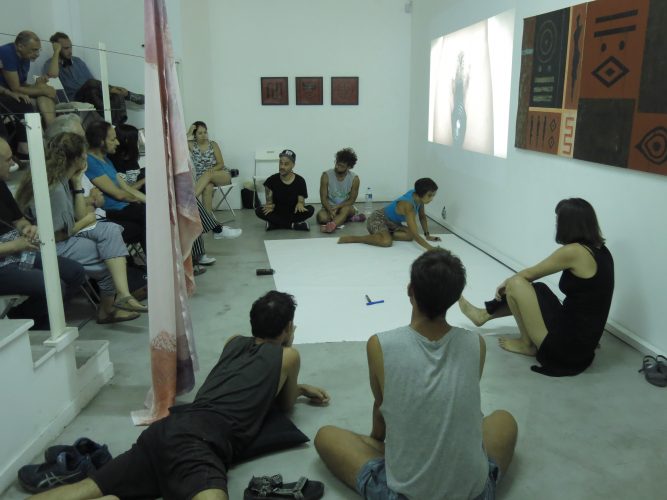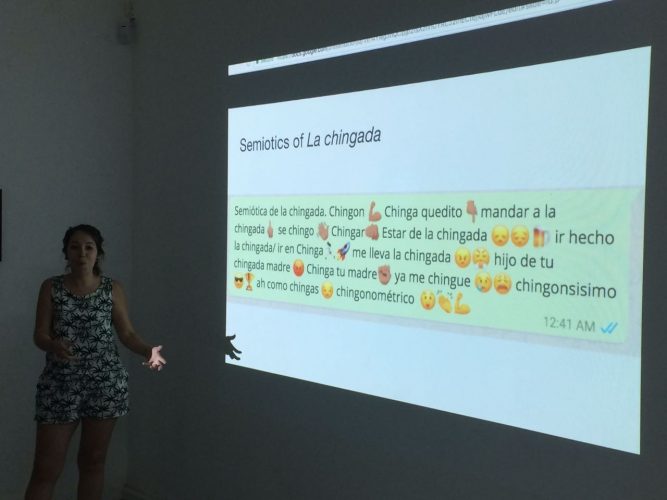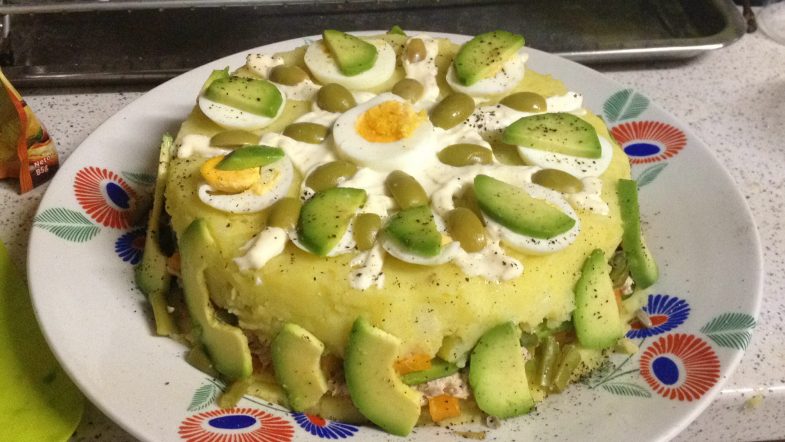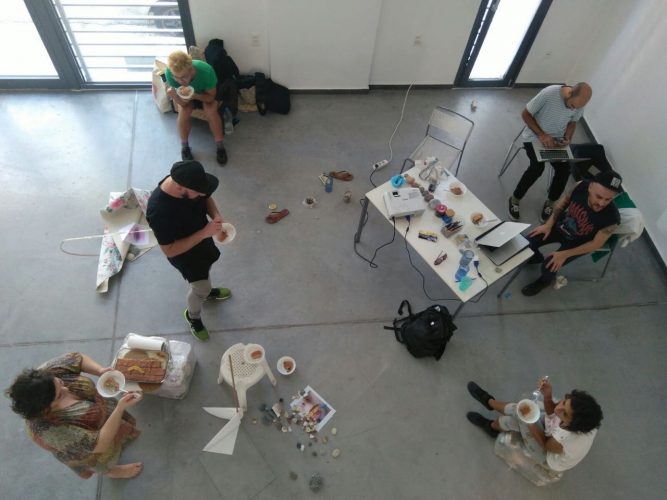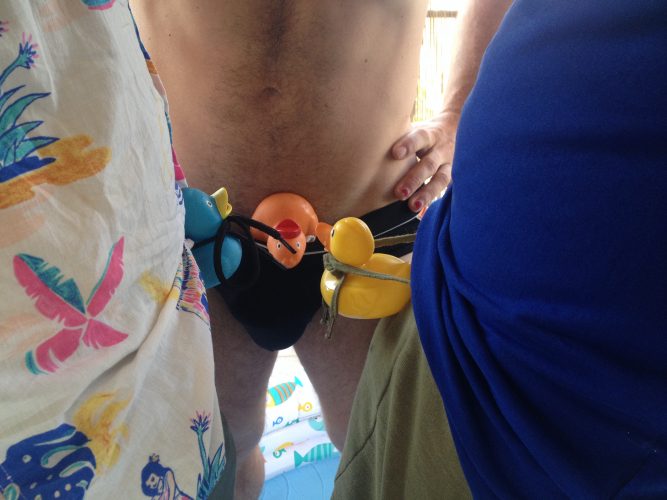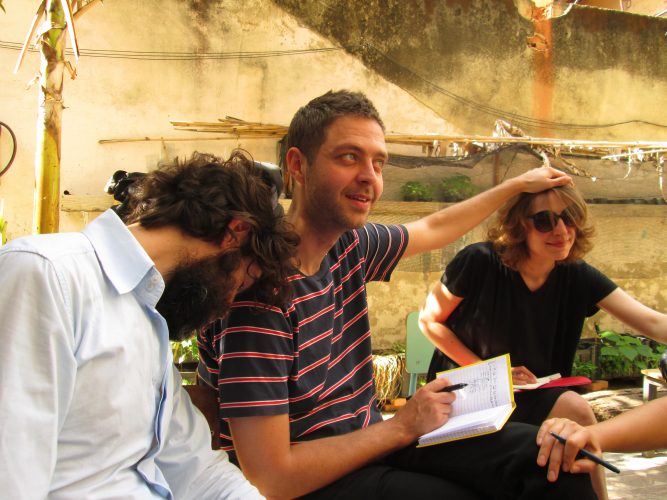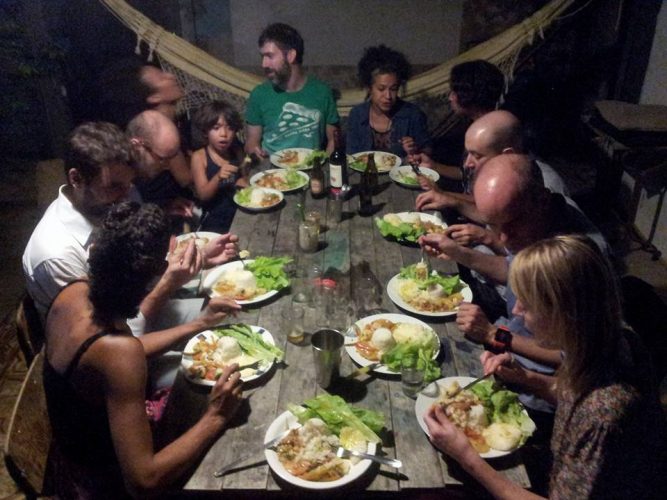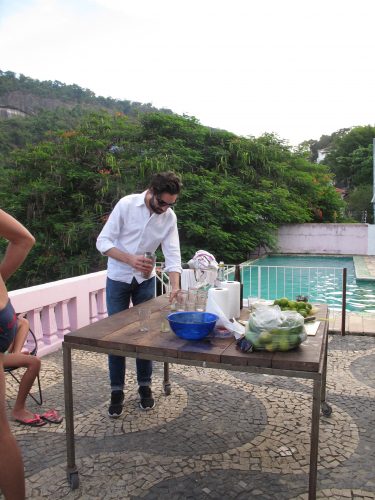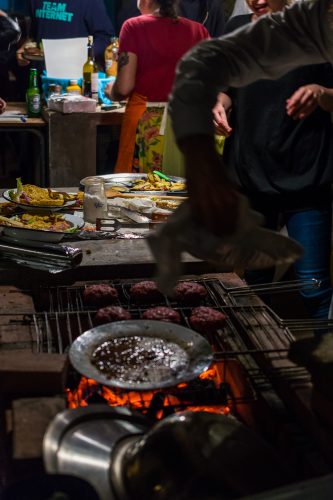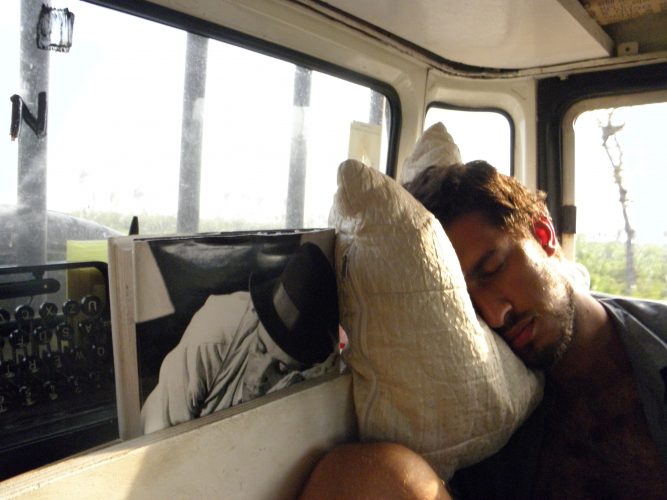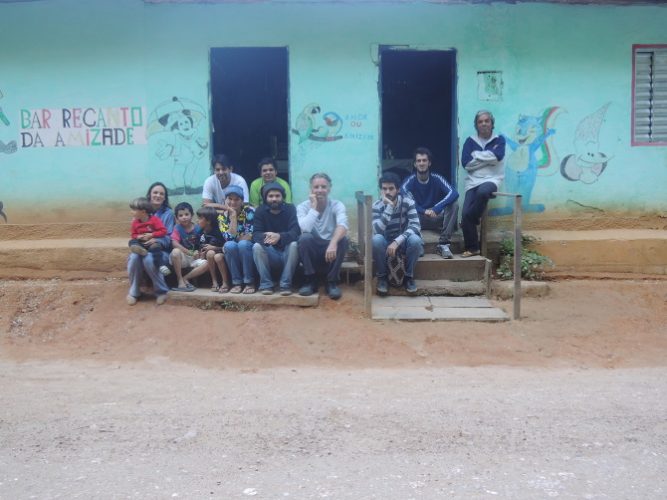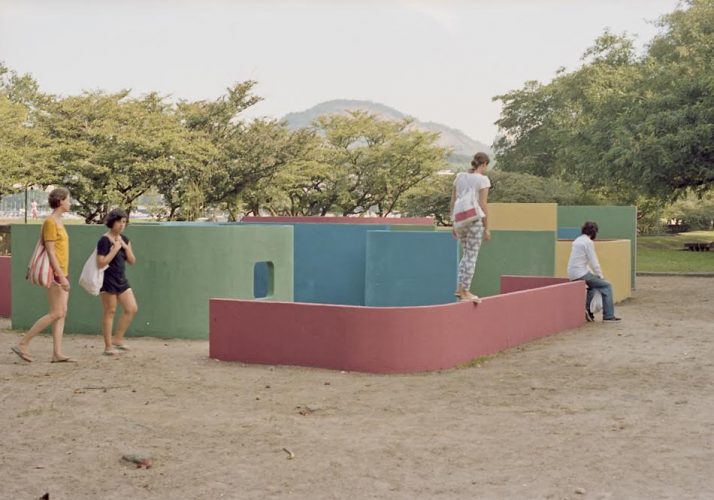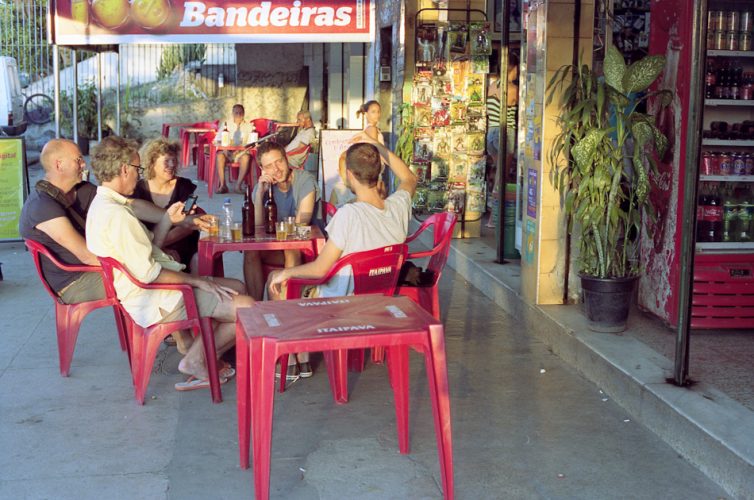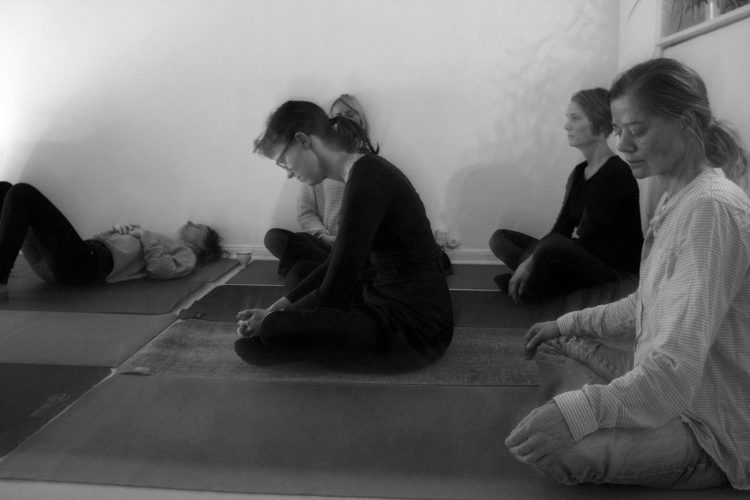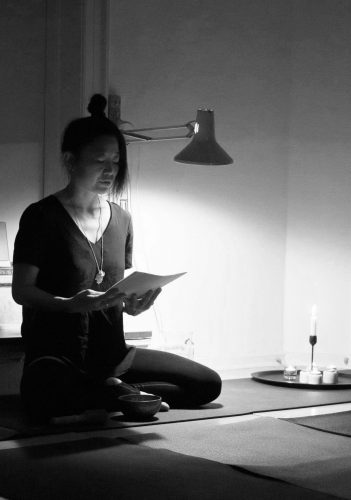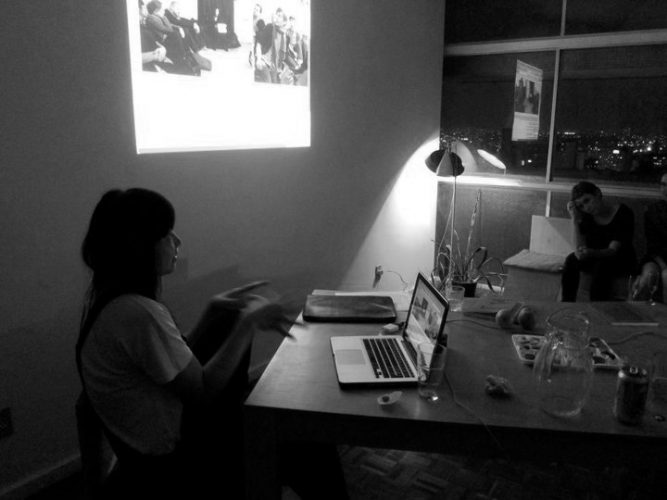Jeitinho Brasileiro and the corrosion of bourgeois society
Something disturbing happened to Brazilian society. The social contract has been terminated a long time ago and in present times the dwellers of the city of Rio de Janeiro live in ruins, not only physically but also by means of psychosocial conditions. Brazil is a rich country. But inhabitants are forced combating each other over withhold resources in a karstified social landscape, in which regard corroded ever long since and an invisible majority is fighting for sheer survival. The ostensible beauty and the rehearsed cordiality are common features of the place. They are empty shells dating back to times long gone or they are effortful aspirations to the quality of a postcard image hold up by military brutality. If, however, one encounters them in factuality, one finds them marking a line. By inclusion this boundary excludes without speaking all the more ruthlessly those who find themselves on the other side of the fence.
In this society that deteriorated to become a mediatized spectacle arena, the boundless egoism of the individual (or: of the family interest) rules. ‚Compassion‘, for which some spoke up for, has little meaning here for others.
In this perspective, the „Jeitinho Brasileiro“ seems like the logical consequence, as an ultimate expression of the unsatisfiable appetite of entrepreneurial subjectivity, which finds itself thrown into a constant war with other egos. In the course of this state of war, many agreements and standards have been undermined. It became decisive who is the most cunning to appropriate a situation, who is most calculating at deceiving the other and who can undermine most effectively the remains of certain rules and conventions.
The “Jeitinho Brasileiro” is not a heroic practice of subversion performed by individuals from inferior classes of society (though it can be the case), but it is the norm of an extensive mobilization in a war of each against each. And what is the modus operandi of bourgeois society? The fact that the entire individual, with all his abilities, his emotionality, his spontaneity and his body, must fully commit himself (must throw himself on the market?) ends not only in the unleashing of creativity and social competence. It is much more the case that the individual, with every fiber of his existence, is forced to plunge into the turmoil of war, making himself a tool of survival to such extent that he suffers the loss of his intrinsic, purposeless self.
This is not to say that Brazilian people are absolutely deprived of autonomous individuality or free will. It is rather that the same loss is observed in all societies across the globe, only the shapes this loss takes are different in each place, depending on historical and economic conditions.
Was it the colonial rulers, as introducers and alleged representatives of bourgeois society, who, by conquest, slavery and exploitation, were the first to break any social contract of respect and give economic and political expression to the double standards of bourgeois existence?
And who would claim that it is the Brazilian’s own fault? While importing commodities and labor that would enhance their life, the colonial masters exported in exchange their unsolved contradictions. This way, they managed to appease their own populations (“Look how living standards went up for everyone!” with a specific idea who that „everyone“ is) and without providing any idea how to come closer to solutions against the devastations our societies cause. This necessarily included a concealing of peripheral locations and with them the economic relations. Until this day, the colonial powers work hard to sustain this unequal trade. Meanwhile, colonialism successfully spread bourgeois concepts of subjectivity to cover the surface of the planet, not leaving a blank spot.
Jeitinho Brasileiro is an attitude that seems to emblematize the entrepreneurial subject and its readiness to perceive and snatch any opportunity that opens up to him. In this perspective, the world consists of a collection of opportunities. “The apples are in the trees. You only have to go and grab them.” Even if this view is partly imposed by severe poverty, it also poses an avant-garde to neoliberal flexibilization and the enforced technologies of the self. The pressure to perform is at the core of every „Gambiarra“ (kludge), with “performance” only occasionally having the meaning of a cultural form “that resists dominant norms of social control” (Jon McKenzie in “Perform or Else, 2001), but rather the other meaning of “organizational performance” linked to “efficiencies”. This double meaning of the term “performance” shows remarkable parallels with the double standards of bourgeois subjectivity.
The weathered facades of the 19th-century townhouses in downtown Rio de Janeiro provide a suitable stage for an avant-garde in self-dismantling of bourgeois society.
-
